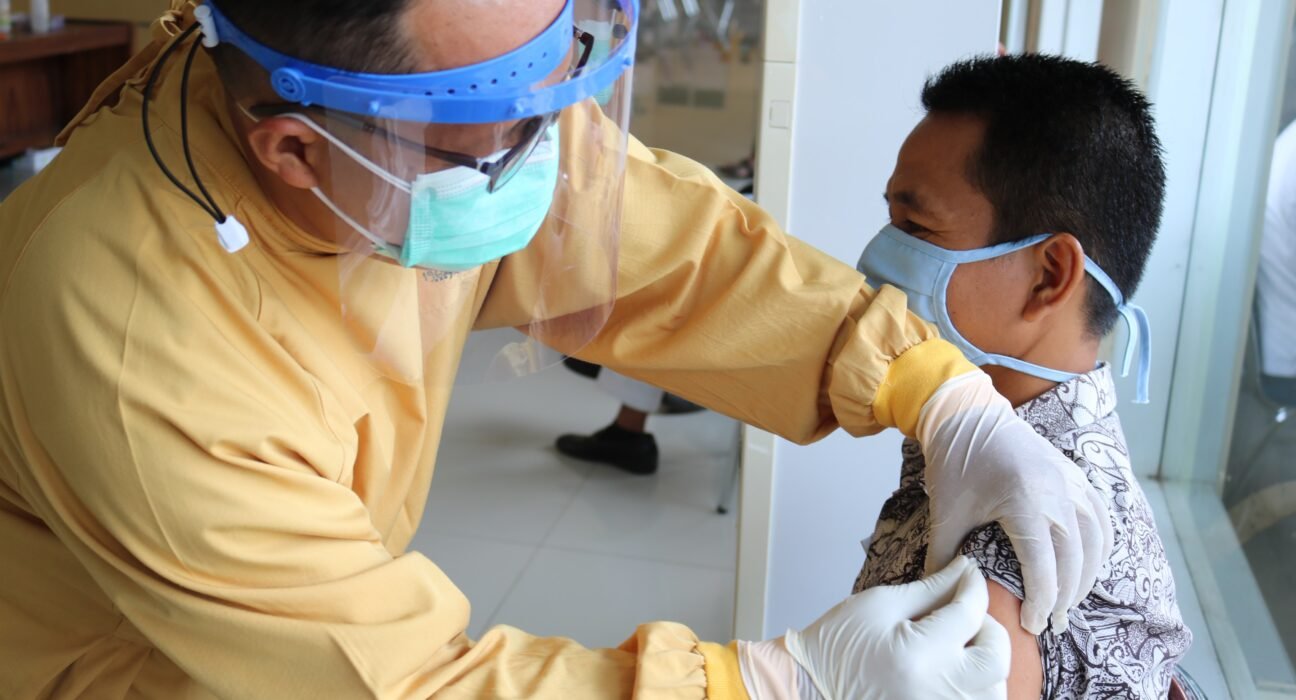HT team
October 5, 2022: More than 500 global health workers across WHO’s six regions are meeting in Armenia to reflect on lessons learnt from the response to multiple emergencies and draw plans to strengthen the body’s Emergency Medical Team initiative (EMT).
The three-day meeting kicked off at Yerevan, the capital of Armenia, when the world is fighting off a Covid-19 pandemic, a long-drawn war in Ukraine and a climate-related crisis.
Armenia bore the brunt of a 1988 earthquake that claimed up to 25,000 lives, the 2020 War in Nagorno-Karabakh, and the recent escalation that targeted the settlements of the Republic of Armenia, causing further loss of life, Anahit Avanesyan, Minister of Health, said.
The fifth meeting of the EMT, starting October 5, will showcase new approaches to respond more swiftly and effectively to crises, including natural disasters, disease outbreaks and conflict, according to the WHO.
2030 strategy
It will unveil an EMT 2030 strategy— a blueprint for the next eight years to continue to develop a network of national, subnational and regional EMTs in line with the WHO EMT classification and minimum standards.
Participants will contribute to the future development of the EMT Initiative that seeks to prioritize and enhance the capacity of local teams to respond to emergencies and strengthen the network to provide support when needed across diverse contexts.
“As we build a new and stronger architecture for health emergency preparedness and response, a rapidly deployable global health emergency corps will be vital, building on the experience and capacities of Emergency Medical Teams,” said Dr Tedros Adhanom Ghebreyesus, Director-General of the World Health Organization.
”The EMT 2030 strategy envisions a world in which every country can respond rapidly and effectively to national emergencies, leveraging regional and sub-regional capacities to support vulnerable communities and others in need.”
Covid-19
The Covid-19 pandemic, now in its third year, has created a challenging context for emergency response in many countries, increasing the demand for specialized skills in infection prevention and control, and the management of severe respiratory infection cases, according to WHO.
The EMT network deployed about 200 International EMTs to support the response in 67 countries, highlighting the role of specialized care teams in supporting a country’s response while building their national capacities.
The WHO Emergency Medical Team comprises health professionals, including doctors, nurses, paramedics, support workers and logisticians, who care for patients affected by an emergency.
The EMT initiative started after a devastating 2010 earthquake in Haiti.
